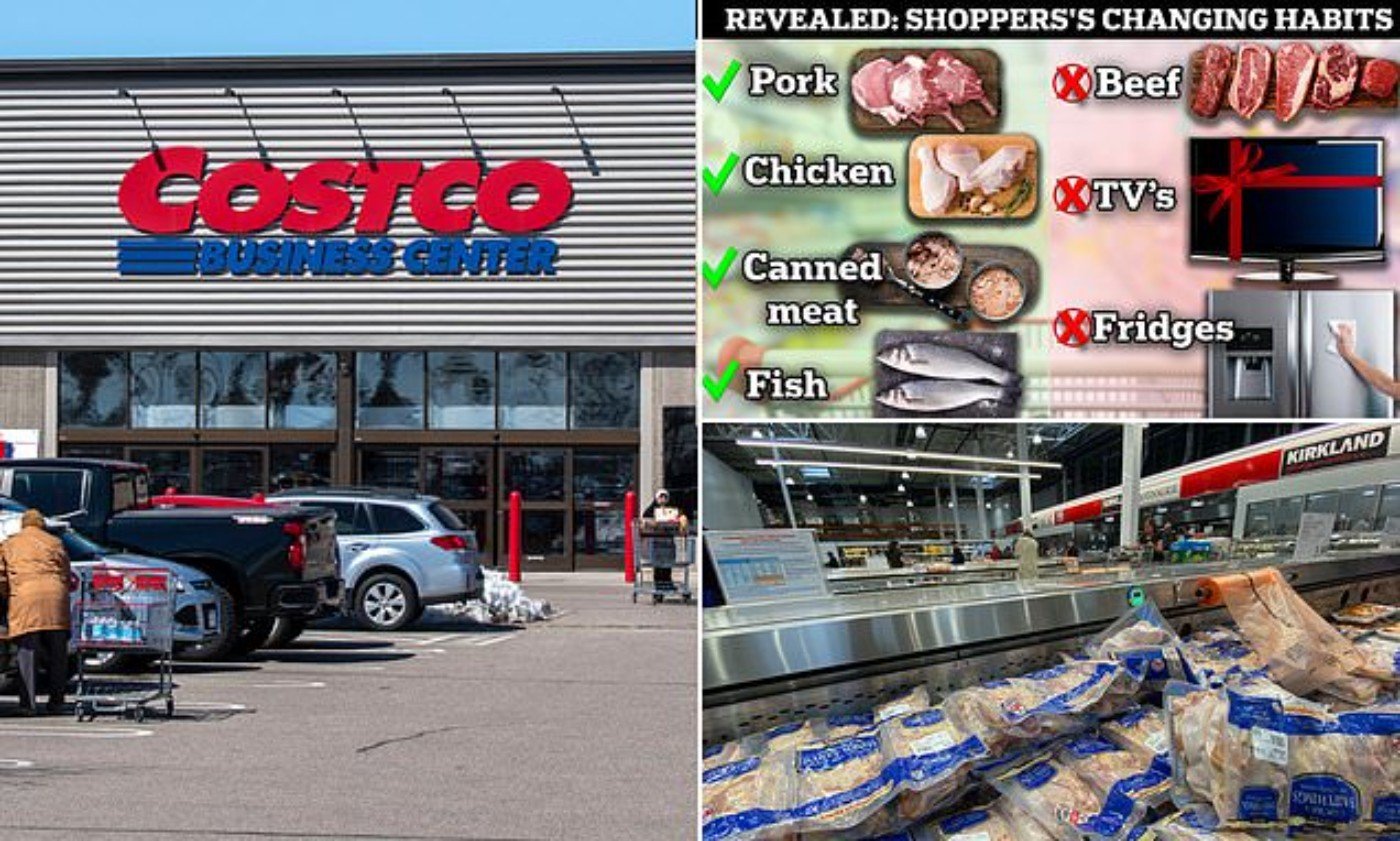Changes in shopper behaviors are a major concern for a Costco top executive. Richard Galanti, Chief Financial Officer at the retail giant, believes that these recent adjustments in customer’s buying habits could be signs of a looming recession.
Mr. Galanti made the shocking revelation during a telephone meeting with the company’s investors. He disclosed that sales of big-ticket items such as TVs and refrigerators are dropping. Also, shoppers are buying less beef products in favor of the cheaper chicken and pork alternatives.
This recent behavior is a sign that shoppers are expecting a recession and making the appropriate adjustments. Galanti says this behavior is pretty familiar. He’s seen a similar trend during past recessions. But we can’t blame the shoppers.
The economy has been faring badly for the past few years now. Inflation numbers have broken decades-old records. Even with recent improvements, the cost of most goods and services is still very far away from where it used to be just a few years ago.
So, shoppers have begun to concentrate their attention on smaller items while delaying larger purchases. Costco has also noticed an unusual surge in the purchase of canned foods like meat and fish products. The reason isn’t difficult to guess.
Canned foods have a longer shelf life, and these products are great for beating the recently extremely unpredictable economy. So, if hyperinflation sets in and prices of goods hit the roof again, households with longer-lasting food stock will be less affected.
Interestingly, just in case there is any doubt about the Costco executive’s observation, the United States Federal Reserve has supported his claim. A recent report from the agency has revealed that in a bid to survive the prevailing inflation, 64% of American shoppers have opted for cheaper versions of products.
According to the survey conducted by the agency, 66% of Americans have admitted to either reducing their use of certain products or stopping their use. People are now more cautious about how they spend their money on shopping than before.
This trend is evident in the dip in sales of major retailers across the country. For instance, Costco has seen a 4.2% drop in global daily transactions in the previous quarter. The retailer witnessed a drop of 3.5% in the US.
On the other hand, low-budget brands have recorded growth in American patronage. Brands such as Dollar General and Dollar Tree now see at least a 20% growth in customers, according to a study by Coresight Research.
But why not? A gallon of whole milk, which can sell for $4.80 at traditional grocery stores, goes for as low as $3.40 at a Dollar General.
These dollar stores know that this is a golden opportunity to climb up the ladder in customer preferences. They have already begun to use more refrigerators to handle the growing patronage.
If the dollar stores can improve the quality of their products while keeping the prices low, they can be sure to gain the loyalty of a larger share of US consumers, even the affluent ones.











































